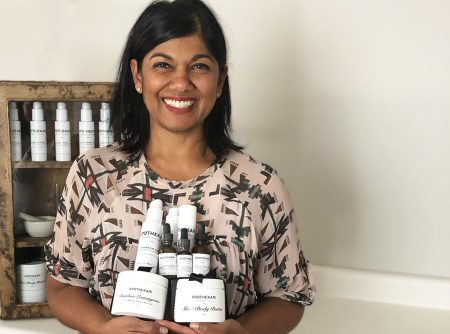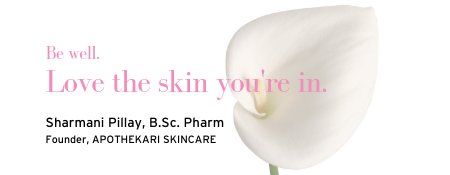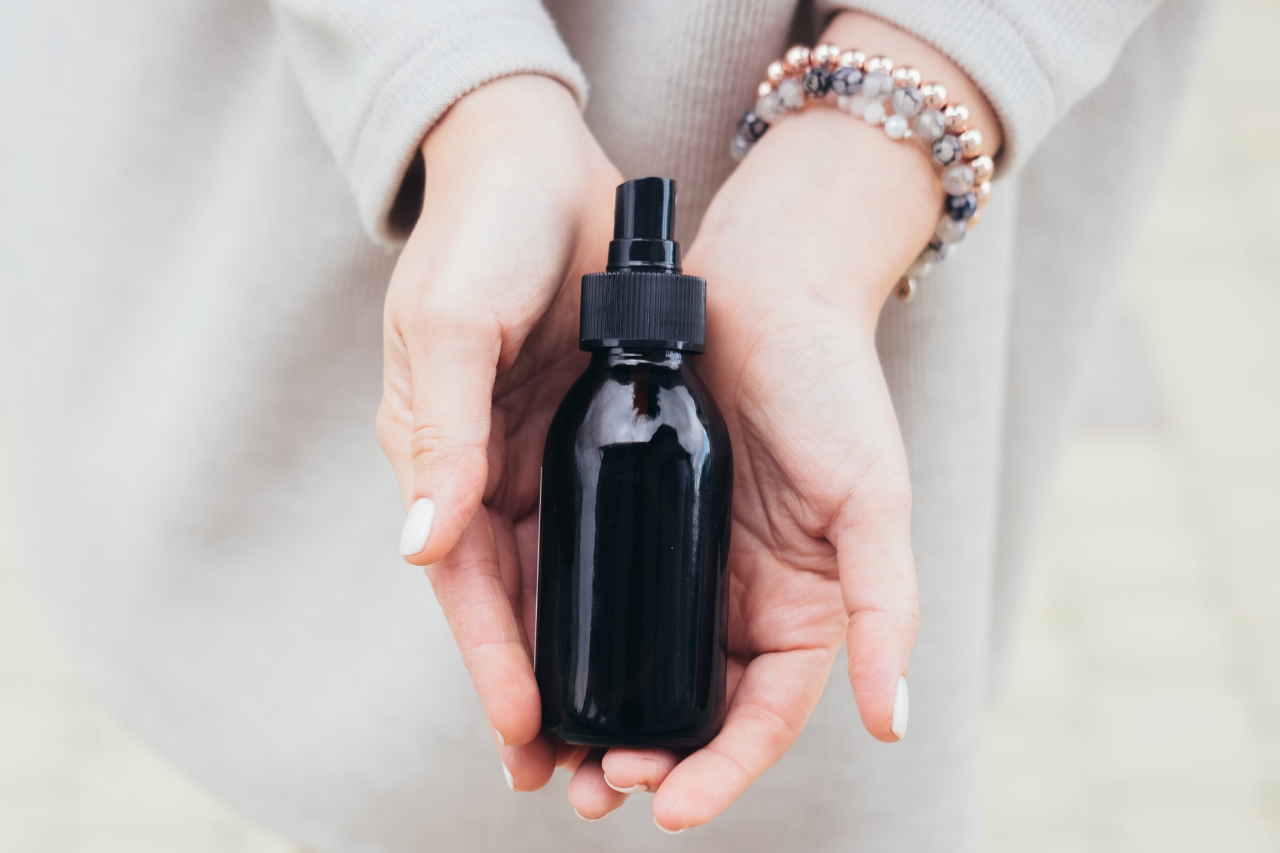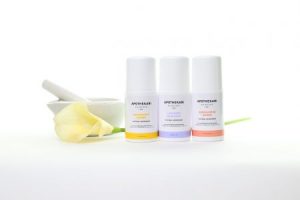Is glass better when it comes to skincare packaging?
Many factors need to be taken into account when choosing the best packaging for skincare products. We’ve shared some of them before. When it was time to choose containers for our new look, we did a lot of research. It may come as a surprise to you, but it became clear to us that glass is NOT always better. We’ll explain why in this post.
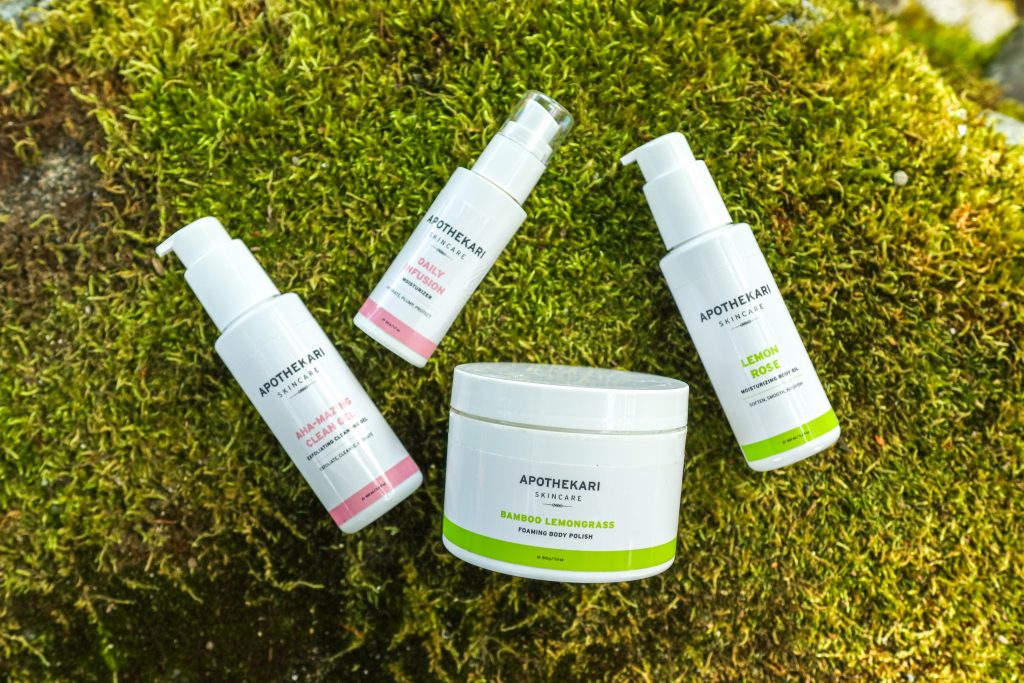
Is Glass Better?
Glass is often promoted as the most eco-friendly option. And while it has some benefits, it does come with its own issues :
- It’s Breakable. This not only poses a safety hazard if it breaks in your bathroom, but glass can also break during transportation to a recycling facility. Once glass is broken, it cannot be recycled and must go to a landfill, where it will sit for a long, long time.
- It’s Heavy. The weight means that it costs more, in both monetary and environmental terms, to transport.
- Its Production is Energy Intensive. More so than plastic, making it requires additional resources.
Why Plastic Is a Pretty Solid Choice
Research is ongoing regarding suitable alternatives, but when it comes to packaging, there still isn’t a perfect one. Plastic has its issues – we’re too dependent on it and it’s tied to the fossil fuel industry, a very big (and dirty) industry. However, compared to currently available alternatives, it’s actually a pretty solid choice for skincare packaging. Plastic is very efficient to produce, is light to transport, is easily recycled and it’s safe when dropped because it doesn’t break.
What About Other Skincare Packaging Alternatives?
Yes, other skincare packaging options exist. And, while they do offer some benefits over plastic, they also pose their own challenges:
- Aluminum. Like plastic, aluminum is safe because it doesn’t break. But, it can’t be recycled everywhere and it is energy intensive to produce.
- Cardboard/Paper. Takes a lot of energy to produce and isn’t suitable for many types of products like oils, water, other liquids. Soiled paper containers can’t be recycled. Similarly, plastic lined paper cannot be recycled and will end up in a landfill.
- Biodegradable Plastics. They may sound like the perfect solution, but biodegradable plastics aren’t at a stage where they are necessarily biodegradable or compostable. They may not maintain their stability for products that contain water or oils. And, recycling options are still limited.
You can see that questioning ‘is glass better’, isn’t as clear cut as it seems. What is exciting is that technological advances are always ongoing.
We’ll be monitoring this space carefully to give you products packaged in containers that put your wellbeing first. Stay tuned!
